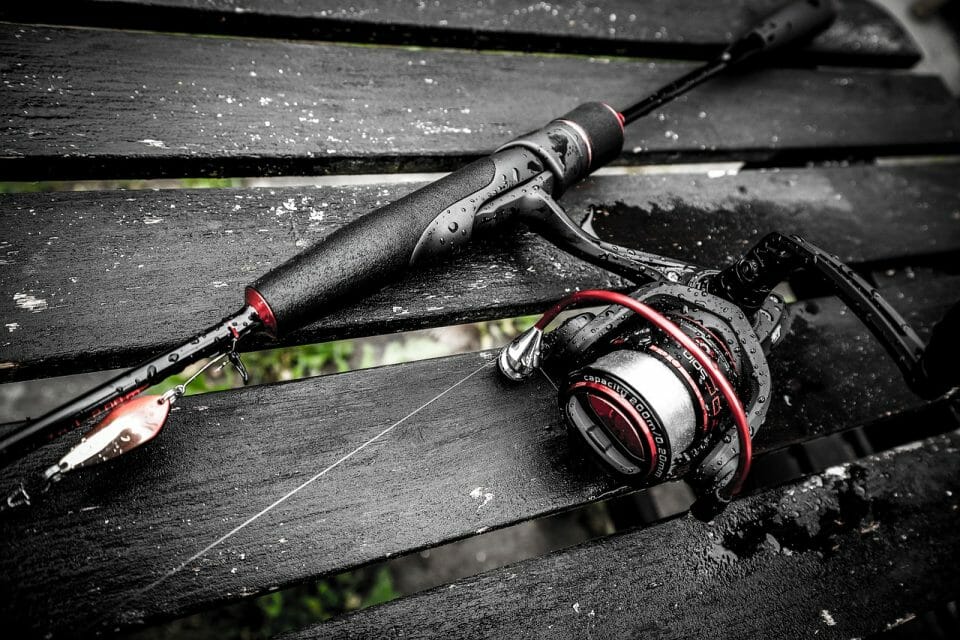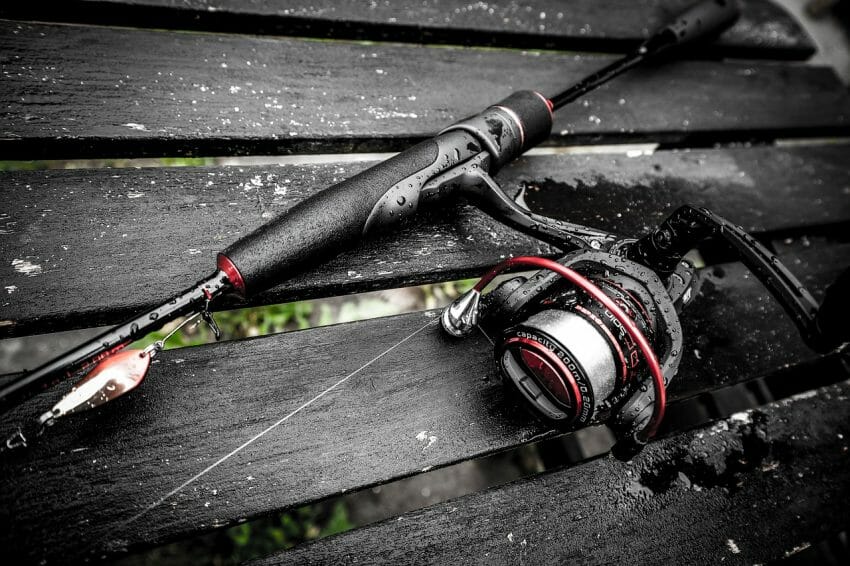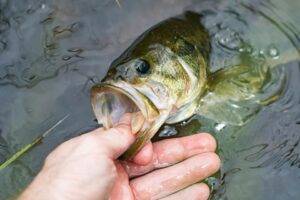

Picking the spinning reel isn’t a daunting job. It is very easy only if you know the right trick.
There are a bunch of things that you need to take into consideration when you out for buying a spinning reel. And those things include the type of water you will be using the reel on, types of fish you will target, the weight of the fish, line capacity, etc.
These might seem a little complex to consider especially if you are a beginner. But don’t worry, that is exactly why I am here.
If you don’t know how to choose a spinning reel then this guide is going to come in handy for you. Sit tight, it is a 10 min read, you will thank me later.
Steps of Picking the Right Spinning Reel
Planning the Budget
The first thing I would like you to think about is the budget. There are spinning reels that come at 30 bucks and some more than 300 bucks. Now how much money you need to spend on a spinning reel depends on the water body that you will be fishing in and the durability you need.
Freshwater spinning reels are low priced, you should get a decent one for under 30 bucks. But if you will be fishing in saltwater then you need to invest a good amount of money to pick a reel that will serve you for years without any issue.
Salt can damage the reel badly and you need to pick a reel that can withstand that. The reel should come with extremely durable material, the bearings need to be corrosion-resistant and made of stainless steel at least. To make it simple, I would suggest keeping a budget of 150 to 200 bucks if you want a really good saltwater spinning reel.
In case you are interested check out this guide consisting of some of the most affordable spinning fishing reels on the market right now. By Richard Francis.
Waterbody
And then you would want to determine is in which water will you be fishing. Fish type is also associated with the water body, if you picking a particular water body, then you are picking a set of fishing types that are found on that water.
For example, two types of water bodies are freshwater and saltwater. If you are picking saltwater then you target bigger fishes and on the other hand in freshwater, the fish sizes will be small compared to saltwater.
However, the reason why you should choose a water body is, you cannot use a freshwater spinning reel in saltwater. Because saltwater is so brutal that it will damage the reel day by day and will make the reel stop working forever. And that calls for buying a new reel.
The thing that damages the reel is the salt buildup in bearings. So you for saltwater fishing you need a reel that comes with corrosion-resistant parts and is durable enough to tackle heavy fighting fishes.
On the other hand, freshwater reels don’t need to be corrosion-resistant. A basic reel should work nicely in freshwater.
Size of Reel
Once you have figured which water body you should go after, now it is time to choose the reel size. Which size you should pick depends on the fishing line size. The heavy the line size is, the bigger reel you will be needed.
For example, if you are intended to use an 8-pound fishing line, then the perfect reel size would be which is rated from 8 and 10-pound fishing line.
There are 4 sizes of a spinning reel, small, medium, large, and extra-large. Below I have given a chart that will help you to find the right reel size.
|
Reel Size |
Monoline (lb) |
Braided line (lb) |
Water body |
|
Small (1000 – 3500) |
2 – 10 |
4 – 14 |
Ponds, rivers, lake, harbors and bay, water that moves slow |
|
Medium (4000 – 5500) |
8 – 14 |
15 – 50 |
Offshore boat fishing, bay and harbors, rivers, ponds, lake. |
|
Large (6000 – 8500) |
12 – 45 |
30 – 80 |
Surf fishing, inshore off docks, off boat fishing, etc. |
|
Extra Large ( 10,000 – 30000) |
12 – 60 |
50 – 100 |
Water moves fast. |
Weight & Material
After you are done with the reel size, now it is time to look for the weight and the quality of the material that is used in the reel construction. You will want a reel that is lightweight and constructed with a material that is highly durable. Heavy reels cause hand fatigue easily, plus, they are a little hard to handle as well.
The weight of the reel is associated with the material. If the material is lightweight then the reel will be lightweight. Have a look below, I have listed the most used materials in fishing gears.
Graphite: This one is the most widely used material on fishing gear. Offers decent durability and the weight is decent as well. A suitable material for beginner anglers.
Aluminum: It is way too stronger than graphite material but is a little heavier than that. They are not very expensive and neither they are cheap, the price falls in middle. This material is suitable for both saltwater and freshwater fishing.
Carbon fiber: This very material is what used in high-end fishing gears. Whether it is reel or rod, carbon fiber material shines always. Like the previous two materials, you don’t need to sacrifice weight for durability or vice versa. This material is extremely lightweight and super durable. And due to that, the price is high but that worth it.
Bearings
How easily you will be able to turn the handle that depends on how much bearing the reel comes with and how smooth they are. However, most of the time people go after the quantity of the bearing which isn’t ideal. You should go after quality instead of quantity.
Choose stainless steel or ceramic bearings. They are highly smooth and pretty durable as well. If you will be fishing in saltwater then choose a reel that comes with shielded corrosion-resistant bearings so that salt wouldn’t be able to damage the bearings.
Verdict
It might seem a little hard at the beginning but don’t worry, you will get to it. Gather as much as information you can collect before purchasing a reel. Look for suggestions and the best would be to check out the user’s feedback. Check what the users are saying about that particular reel. If the reel lasts or not, performs well or not, etc. And then spend money on it.
To summarize, look for a reel that is constructed with highly good material, such as aluminum, carbon fiber, etc. The bearings need to be shielded and corrosion-resistant. Go for big well-reputed brands, they might cost you much but they are reliable.







